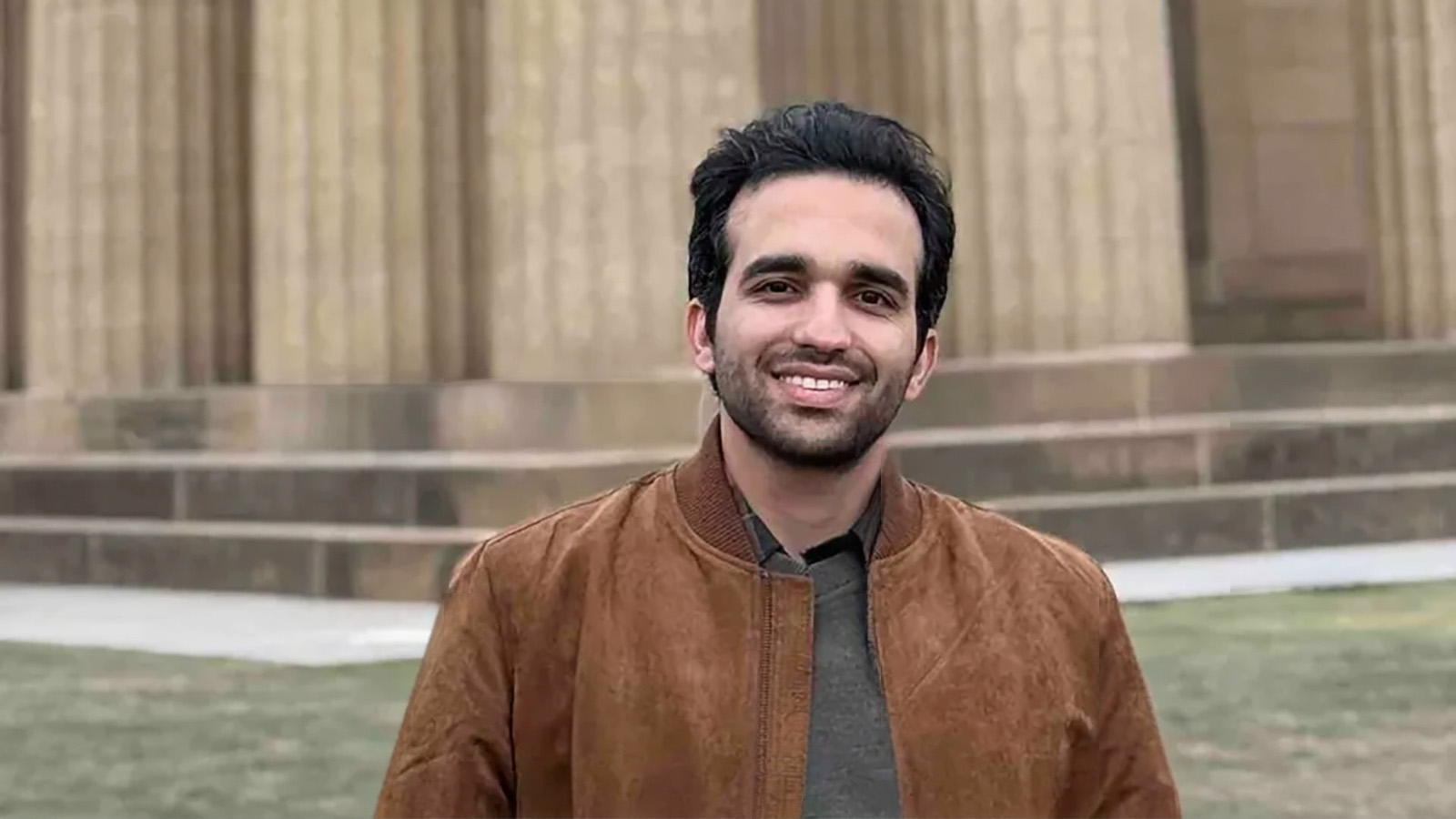|
Getting your Trinity Audio player ready...
|
In March, Alireza Doroudi, an Iranian national and doctoral candidate studying mechanical engineering at the University of Alabama was detained by Immigration and Customs Enforcement. Now, Doroudi has been denied bond as a growing number of international students are being detained and threatened with deportation by the Trump administration on questionable legal grounds.
Last Thursday, immigration judge Maithe González ruled that Doroudi “failed to meet the burden of showing that he was not a threat to national security” as reported by AL.com. González also ruled Doroudi to be a flight risk due to his revoked F-1 visa, lack of family in the country, and what she called “scarce ties” to the community.
“We are deeply disappointed by today’s decision to deny bond by Judge Maithe González,” David Rozas, an attorney representing Doroudi, told the University of Alabama’s student paper, The Crimson White. “The government has provided no evidence in the record that Mr. Doroudi poses any national security threat.”
“Mr. Doroudi is not a flight risk. He is a beloved member of the community, as evidenced by the overwhelming outpouring of support from students, faculty, and neighbors in recent weeks,” Rozas continued.
Before his detention and subsequent transfer to an ICE detainment facility in Louisiana, Doroudi was living with his fiancee, Sama Bajgani, in Tuscaloosa. A GoFundMe campaign organized by Bajgani to raise money for Doroudi’s legal expenses has raised over $25,000 as of writing.
Following his detainment, the Department of Homeland Security issued a statement claiming that Doroudi posed “significant national security concerns,” but declined to clarify what those concerns may be. Despite this ambiguity, González’s ruling appeared to place the onus of dispelling those concerns on Doroudi and his attorneys.
“What’s most troubling is that the burden of proof has effectively been placed on Mr. Doroudi to disprove a threat that was never substantiated in the first place,” Rozas said. “Our legal system is not built on proving a negative, and yet that’s exactly what is being asked of us.”
“This sets a dangerous precedent, not just for Mr. Doroudi, but for international students across the country, and for the democratic values we claim to uphold. We will appeal this decision and do everything in our power to bring justice to Mr. Doroudi,” he continued.
The Crimson White previously reported on text messages which indicated that Doroudi had originally entered the U.S. in January 2023, on an F-1 student visa issued by the U.S. Embassy in Oman. Doroudi’s visa was reportedly revoked six months after entering the U.S., but at the time he was advised by the university’s International Student and Scholar Services that he could continue to stay in the country legally as long as he remained a student.
However, Rozas told The Crimson White that Doroudi’s student visa actually appears to be valid when consulting the ICE database — raising even more questions about why Doroudi was ever detained in the first place.
Doroudi’s circumstance is not unique, as the Trump administration continues to target international students for deportation, seemingly without any regard for their residential status.
In March, Rumeysa Öztürk, a Turkish graduate student at Tufts University in Somerville, Massachusetts, was surrounded in the street by ICE officials before being detained. The Department of Homeland Security has accused Öztürk of engaging “in activities in support of Hamas,” seemingly in relation to an opinion essay she co-authored in 2024, for the Tufts student newspaper. The essay called on Tufts to “acknowledge the Palestinian genocide” and to “disclose its investments and divest from companies with direct or indirect ties to Israel” — two actions which the undergraduate student government had demanded of the university in official resolutions.
A federal judge has since ruled that the U.S. government must release Öztürk from the ICE custody, finding that her arrest and detention “raised significant constitutional concerns.” Öztürk currently remains detained as the government is expected to appeal the ruling.
Columbia University students Mahmoud Khalil and Mohsen Mahdawi have also been placed under ICE detention in relation to their activism on behalf of Palestine. Like in Doroudi and Öztürk’s cases, the federal government has relied on vague claims that Khalil and Mahdawi pose “national security threats” to justify detaining them despite their status as legal residents.
What separates Doroudi’s detention from the others is his lack of involvement in any pro-Palestinian protests or activism.
“He has no history of protest of political activity, and yet he now faces deportation to Iran, a country where returning citizens can face persecution for even the appearance of dissent,” Rozas said.
Even if Doroudi had been involved in such activities, serious First Amendment concerns persist — as they do for Öztürk, Khalil and Mahdawi.
According to the Associated Press, over 1,000 students at 160 colleges and universities across the country have had their visas revoked or legal statuses terminated by the Trump administration since late March. The Alabama Reflector recently reported that 15 international students and campus personnel at Auburn University had their visas revoked last week.
The targeting of students like Doroudi for deportation is just one plank of the administration’s mass deportation efforts. Trump and his allies are pursuing the elimination of birthright citizenship and are continuing to defy the U.S. Supreme Court’s orders to return Kilmar Abrego Garcia — a Maryland man mistakenly deported to El Salvador — back home to the United States. During a recent White House visit by Salvadoran President Nayib Bukele, Trump was caught on a hot mic proposing to start sending “homegrown” American citizens to El Salvador for imprisonment, sparking further outrage against the president’s deportation policies.



















































